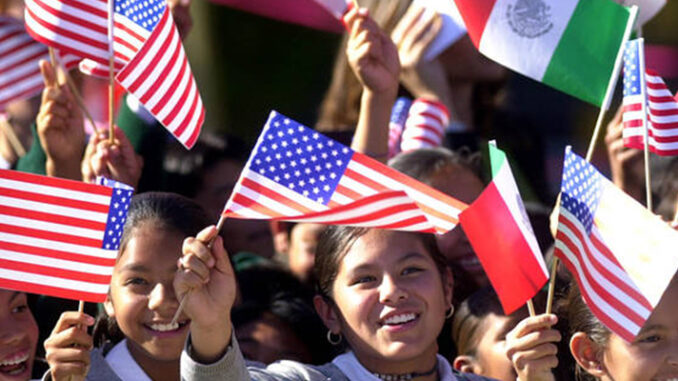
by Admin
Abstract
Between 2001 and 2018, more than 5.5 million Mexican migrants were removed from the United States or returned to Mexico with their families as immigration enforcement escalated. Learning how this transition affected the access to health and education services of their children –also referred to as “the invisibles”– is a policy-relevant topic for both the United States and Mexico. Using representative data on 7.6 million Mexican and U.S.-born children from the 2015 Mexican Intercensal Survey, we provide evidence on the education and health care access gaps between these two groups and on the factors potentially responsible for the barriers encountered by the latter. Relative to children born in Mexico, U.S.-born children are at a considerable disadvantage in terms of health care access, but less so in terms of education access. Lack of a Mexican issued birth certificate is among the factors responsible for gaps in services that can prove persistent. Policies aimed at changing the approach to immigration enforcement in the United States, lessening paperwork requirements in Mexico and easing access to documentation in both countries could be helpful in improving transnational children’s access to basic services, thus promoting their present and long-term well-being.
Health Care and Education Access of Transnational Children in Mexico



